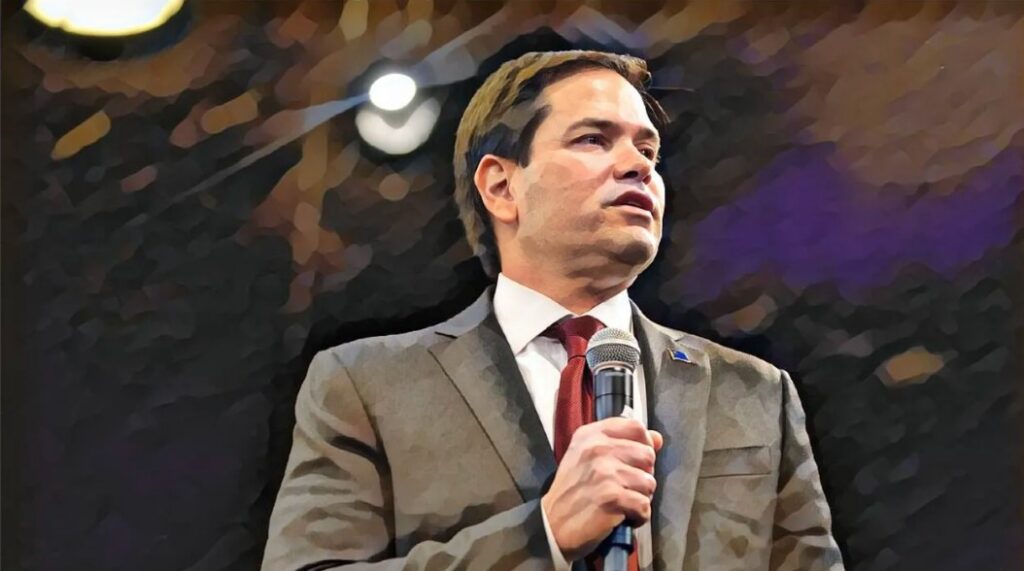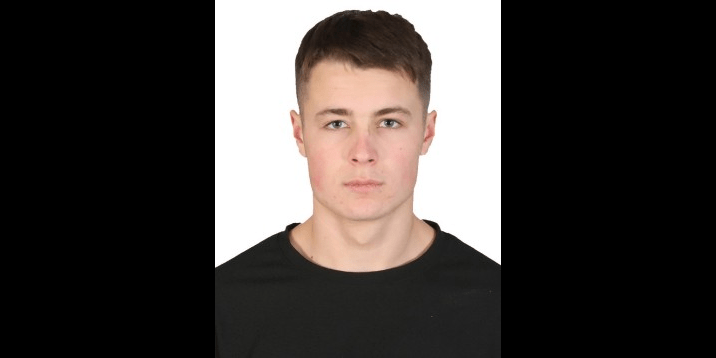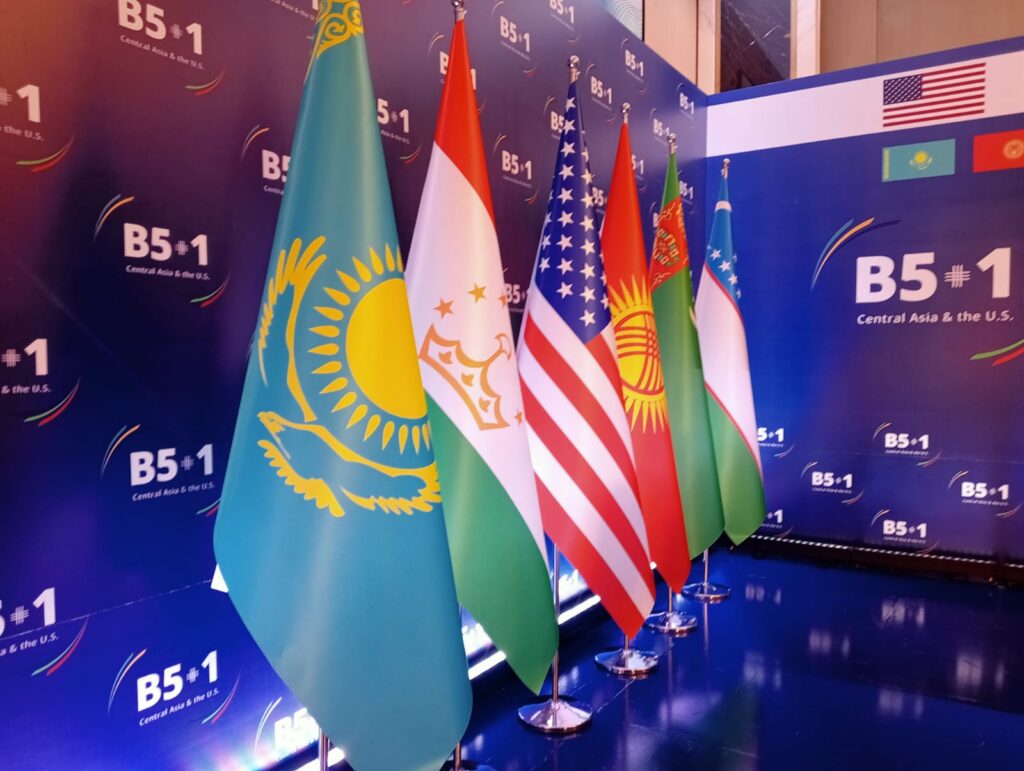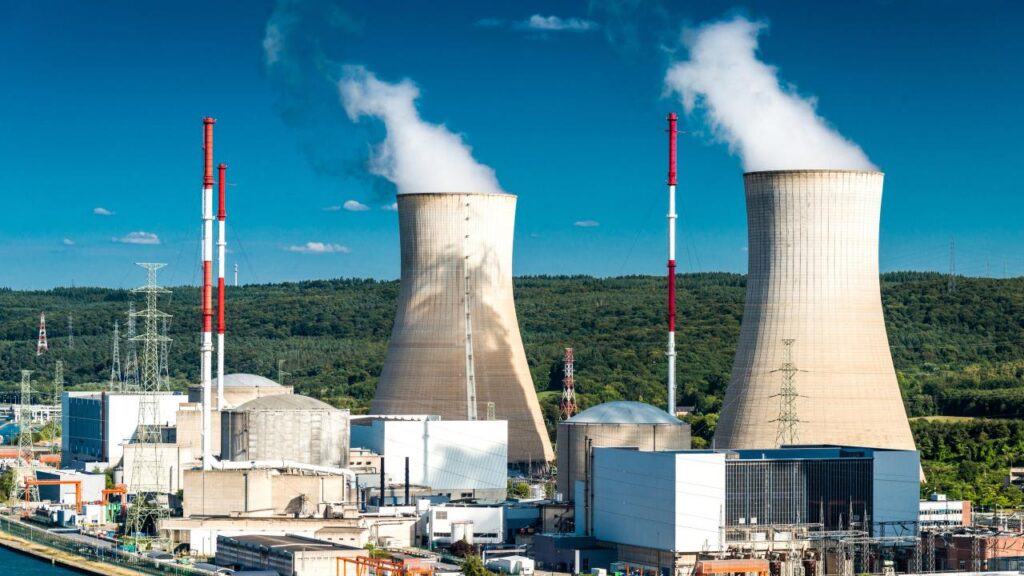Alexei Navalny has died in the Russian “Polar Wolf” penal colony, the Federal Penitentiary Service of the Yamalo-Nenets Autonomous District in Siberia, Russia, has reported. An anti-corruption campaigner and anti-government figure in Russia, Navalny returned to his homeland from Germany in 2021, where laboratory tests confirmed he had been poisoned by a nerve agent. However, whilst Navalny’s opposition to Putin won him support in the West, he leaves a more complex legacy in Central Asia, having called migration from the region to Russia an “orgy of tolerance”.
On the streets of Kazakhstan, however, a mournful mood largely prevailed. “This situation shows the current Russian regime as it is, Polina, a photographer from Astana told TCA. “There are a lot of opinions about Navalny’s activities, but I think in any case his death shows how cruel the Russian Government is how much Navalny and his influence were feared.”
“Another voice of reason that has been silenced. It makes me feel hopeless for the current state of the world,” Isabella, a scientist from Astana told TCA. “I hoped he would be the next [Russian] president. May he rest in peace – he is a part of history,” Ilyas, a businessman from Taraz commented. “He made a sacrifice of himself. It’s a pity,” said Almas, cameraman from Astana. Others voiced indifference, however. “Navalny’s a minister, isn’t he? Oh no he’s in the opposition,” Nurbolat, a taxi driver from Temirtau told TCA. “It’s all so murky.”
A renowned nationalist, during Russia’s 2008 invasion of Georgia, Navalvy referred to Georgians as “rodents“. In 2011, Navalny co-organized the “Russian marches,” often labelled as a xenophobic event and tied to Neo-Nazi groups, a movement he never renounced. During the Moscow mayoral campaign two years later a key policy pledge was to fight against migrants, who he accused of crime, the threat of terrorism, and the alienation of culture. Speaking in November 2015, Navalny claimed that “90% of immigrants to Russia [from Central Asia] are young Muslim men from rural areas, that is, the very environment from which terrorists are recruited.”
Of the estimated eleven million migrants in Russia at the time, no terrorist attacks involved the participation of people from Central Asia, citizens of which accounted for less than 1% of all crimes committed by migrants. An easy target for the Russian police, migrants have been subjected to attacks by Neo-fascist groups. Living in dormitory blocks overseen by gang-masters on the plains of Siberia, some have died on the job.
“Navalny is a figure who evoked diametrically opposed emotions. Some admired him, others hated him,” said Alexandra Garmazhapova, President of Free Buryatia Foundation. “I won’t lie, I’ve never been a fan of his. A couple of times we even clashed with him precisely because of his participation in the “Russian March”. In the winter of 2021, when Navalny returned to Russia, I was in Moscow and participated in protests. I emphasized that I was against corruption, and not for Navalny, who was expelled from Yabloko in the 2000s for nationalism.”
Navalny’s politics may have evolved over time. The late Russian opposition leader became a prominent anti-corruption advocate, political reformist, and educated critic of the Russian political system. His efforts against the pro-Kremlin United Russia party and President Putin will undoubtedly inspire others in their fight for justice and transparency.
However, as recently as February 23rd 2021, Amnesty International withdrew Navalny from its list of “prisoners of conscience,” a designation reserved for people imprisoned for who they are or what they believe. As Le Monde noted in the same year, the “Western media treat Julian Assange and Alexei Navalny very differently: they prefer their heroes to take on authoritarians, not targets close to home.” In May of 2021, Amnesty restored Navalny’s status as a prisoner of conscience.
Given his racist background, describing Muslims as “flies and cockroaches” in a video where he pulled out a gun and shot an actor wearing a keffiyeh who tried to “attack” him, it is no wonder that Navalny’s name solicited a mixed reaction in the region, with some commenting that he was “not so popular,” and “no friend of Central Asia.”

Late at night on the day of his passing, a memorial to Navalny appeared in Tashkent, the capital of Uzbekistan.
![Replica of the Interior of Navalny's Solitary Confinement Cell]](https://timesca.com/wp-content/uploads/2024/02/Replica-of-the-Interior-of-Navalnys-Solitary-Confinement-Cell-1.jpg)
Replica of the Interior of Navalny’s Solitary Confinement Cell









